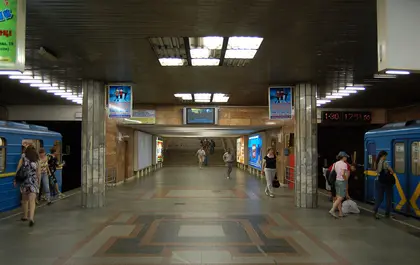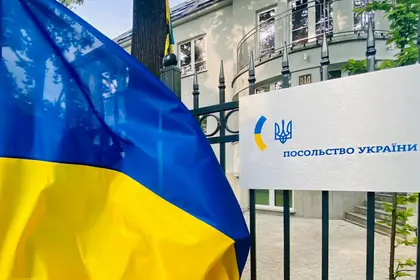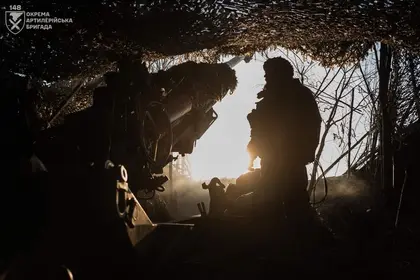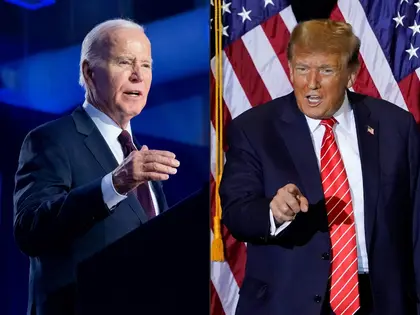Kyiv city council voted on Feb. 8 to rename Petrivka, a major station of Kyiv metro, to Pochaina.
The step comes in line with the decommunization policy introduced in 2015 that scraps Soviet names of towns, villages, and districts across the country and replaces them with non-Soviet alternatives. The decommunization laws also ban Nazi and Communist symbols and open former KGB archives.
Nearly 1,000 cities and villages, as well as 50,000 streets, were renamed in Ukraine since 2015, according to the Institute of National Memory. Many of the new names are the old names that the places or objects used to carry before the Soviets changed them. Others are completely new.
In the case of Petrivka metro station, its name had to be changed because it was named after Hrigory Petrovsky, a prominent Bolshevik, who used to be the head of Ukrainian Soviet Republic’s legislative, administrative, executive body called Central Executive Committee.
The new name, Pochaina, is a reference to an ancient Kyiv river Pochaina. Its exact location isn’t clear. Various versions put it either in the northern Obolon neighborhood, or in the Podil area near the city center.
Some historians consider Pochaina to be the river in which the people of Kyiv were baptized when Volodymyr the Great introduced Christianity as the Kyivan Rus’ new religion in the 10th century.
The renamed station is a busy transit point where the blue line of the Kyiv metro system intersects with the circular railway line that connects the right and the left banks of Dnipro River.
The street the station stands on was itself renamed in 2016 and caused the biggest decommunization debate in Kyiv: a former Moscovsky Avenue, it became Stepan Bandera Avenue.
The avenue was renamed after the iconic nationalist leader Stepan Bandera. The renaming triggered the historical debate between those who regard Bandera as a national hero vs. those who consider him a Nazi collaborator.
Another debate took place when Kirovograd, home to 230,000 people in central Ukraine, changed its name to Kropyvnytsky. Kirovograd was named after early Bolshevik leader Sergey Kirov. In 2016 it was renamed after city’s founder, writer, composer and director Marko Kropyvnytsky.
Also, more than 1,000 Vladimir Lenin monuments were taken down during the decommunization process.
You can also highlight the text and press Ctrl + Enter







Comments (0)